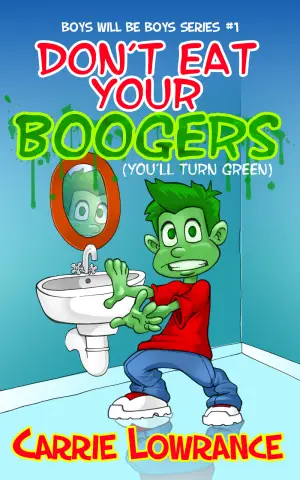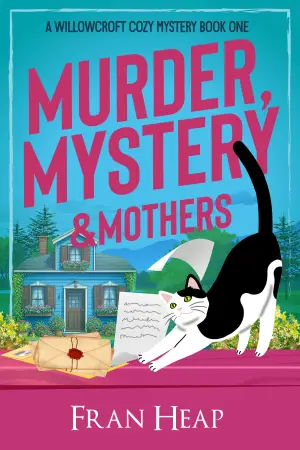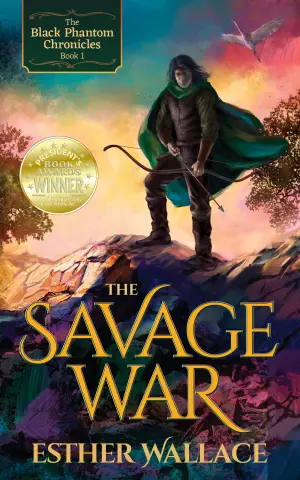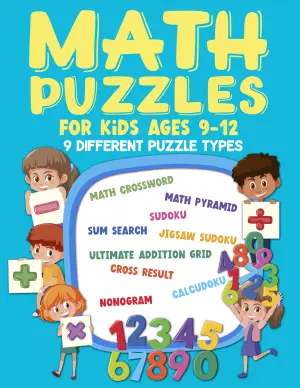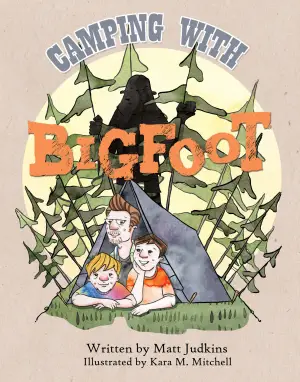A Family Matter: A Heartfelt Journey through Love and Loss
When I first encountered A Family Matter by the talented author Anne O’Brien, I was instantly drawn in by the premise—a gripping exploration of family dynamics, love, and the profound grief that often accompanies life’s biggest transitions. Set against the backdrop of the 1980s in the UK, a time marked by societal judgments surrounding LGBTQ+ relationships, this story felt like a poignant reflection of struggles many families face. As I turned each page, I realized I was not just reading a book; I was entering into a deeply emotional world that echoed my own experiences of losing loved ones and navigating the complexities of parenthood.
The narrative begins with Heron, a single father who has lovingly raised his daughter, Maggie, since she was just four years old. Now in his sixties, Heron finds himself grappling with a cancer diagnosis that forces him to confront his mortality. Through four different points of view—primarily shifting between Heron and Maggie, with interludes featuring Dawn, Maggie’s mother—we delve into the lives of characters who feel achingly real. Maggie, at 43, embodies the struggles of modern adulthood: aging parents, the tightrope of marriage, and raising her own children, all while battling feelings of inadequacy and the relentless march of time. Her reflections resonated deeply with me:
“She is prone to thoughts like this lately, about time passing too quickly, or running out altogether. About everything slipping out of her grasp.”
Heron’s poignant realization that the hardest aspect of his illness is witnessing Maggie’s grief tugs at the heartstrings, showcasing the emotional ties that bind families together even in their darkest moments.
The structure of the novel, particularly its alternating narratives, makes for an intriguing, albeit uneven, reading experience. While Heron’s segments are rich with emotion, they begin to feel like they take a backseat to Maggie and Dawn’s arcs in the latter half of the novel. I found myself wishing for a tighter integration of the storylines, as they sometimes felt like parallel narratives that never fully converged.
Amidst the ups and downs, O’Brien’s writing shines with beautiful, reflective passages. I was particularly struck by a line from Dawn’s perspective:
“Later—I mean years later—I realized the worst thing had already happened to me. When I worked that out, I was invincible.”
This kind of introspection resonates deeply with anyone who has navigated the complexities of love and loss. The mixture of despair and resilience in her voice is a powerful reminder that even in the face of adversity, there exists a spark of hope.
While I stumbled upon some Britishisms that occasionally tripped me up, I found them charming in their authenticity. They added a layer of realism that anchored me to the setting and the time period in which the characters lived.
In conclusion, A Family Matter is a heart-wrenching yet ultimately hopeful exploration of what it means to love and to lose. I would recommend this book to anyone who appreciates rich character development and reflective narratives that challenge societal norms. If you’ve ever grappled with issues of family, identity, or the passage of time, O’Brien’s words may speak to you as they did to me, prompting a deeper understanding of the ties that bind us, even in the face of life’s inevitable heartaches. Thank you to NetGalley and Scribner for the eARC; this story will linger in my thoughts for a long time.


